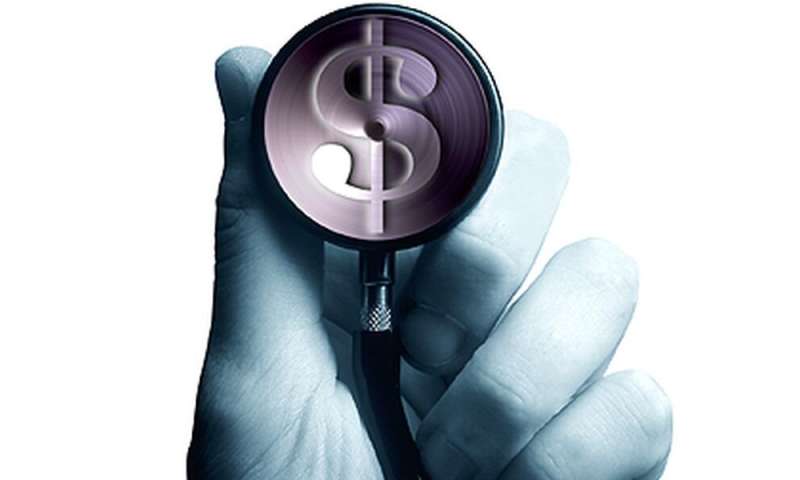Income-related inequality in access to primary care worst in U.S.

Income-related inequality in affordability and access to primary care is worse in the United States than in other high-income countries, according to a study published online Dec. 9 in Health Affairs.
Michelle M. Doty, M.P.H., Ph.D., from the Commonwealth Fund in New York City, and colleagues used data from the 2020 Commonwealth Fund International Health Policy Survey to compare health status, socioeconomic risk factors, affordability, and access to primary care for U.S. adults versus those of 10 other high-income countries.
The researchers found that among adults with lower incomes, relative to other countries, those in the United States fared relatively worse on affordability of care, including skipping needed doctor visits, tests, treatments, follow-up, or prescription medicines because of cost in the past year; skipping dental care or checkups due to cost in the past year; and having serious problems or being unable to pay medical bills in the past year. In addition, they had worse access to primary care, with fewer lower-income adults having a regular provider or place of care and more having an avoidable emergency department visit in the past two years.
Source: Read Full Article
